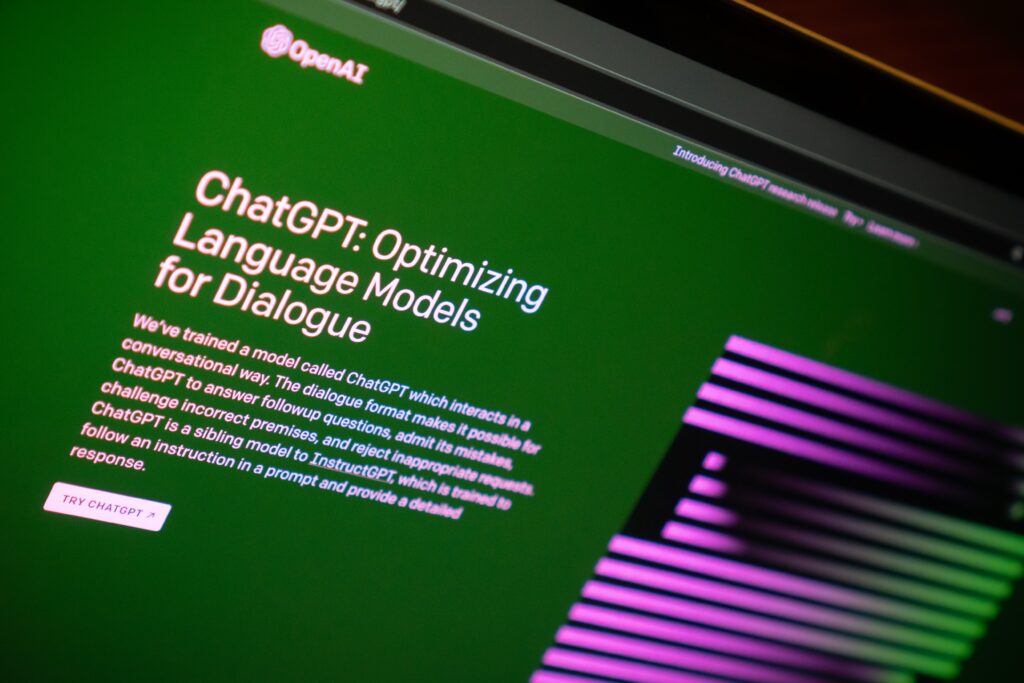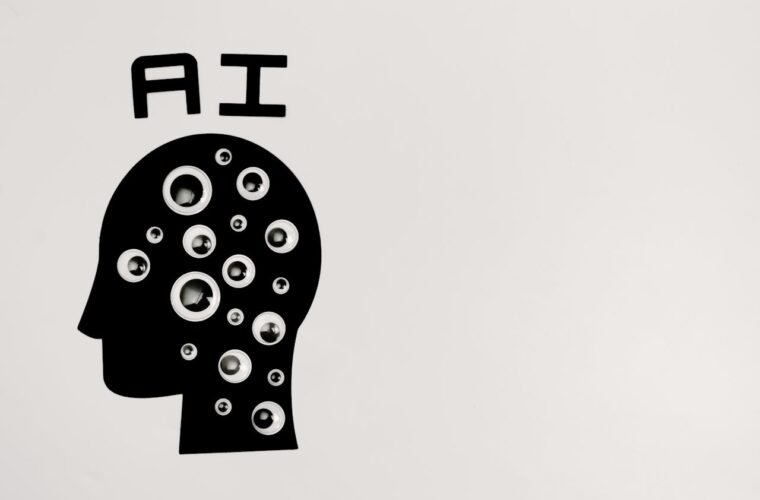
Open AI’s Chat GPT is making headlines thanks to its impressive human-like conversation and research skills. It’s easy to find people writing reports or making videos online using the tool. What if the assistants on our phones become as smart as Chat GPT? Recent reports say that the three biggest telecommunication companies in South Korea are working on building smarter AI-powered assistants for portable devices.
One of the companies that jumped into the competition is SK Telecom. The company recently announced its plans to advance its original AI service, “A-Dot”, to interact with users like a “human”. Reports say the company will use multimodality to make its AI product smarter. Multimodality stands for an application that uses more than one mode to create meaning.
Just like humans, AI tools with multimodality would be able to understand and generate meanings with a mix of various modes, like images, videos, and texts. In addition, the tool would be able to remember what users have said with longer memory capacities – in simpler words, it will be able to build personal memories with humans. The company says this will allow its products to give more natural, human-like answers based on the chat history.
SK Telecom says it will also study Open AI’s GPT-4 and Chat GPT to advance its products, allowing the products to learn as much information as possible via communications with humans. KT, another telecommunication giant in South Korea, plans to launch its grand AI service, “MIDEUM”, this year.
The company said that the tool would be able to communicate with users as naturally as Chat GPT. The tool is expected to diagnose users’ motives from a limited amount of data and change its choices of words and even voices. Like Chat GPT, it can summarize data or change the voice tones of texts. Moreover, it can evaluate the credibility of its collected information and give answers accordingly.
KT plans to make MIDEUM into “software as a service” and have it on platforms to accommodate more users to subscribe to the service. The tool could be applied to its existing products, like AI robots or internet routers. LG U Plus, also a big South Korean telecommunication company, has been looking for ways to apply its AI “EXAONE”, which is short for Expert AI for everyone”, introduced in 2022.
Our future of having a smart, human-like assistant on a portable device might come sooner than expected. EXAONE can compute a large amount of data, think, and make decisions like a “human”. Similar to SK Telecom’s A-Dot, the tool is equipped with “multimodality”. LG U Plus plans to apply EXAONE for its contact centre, having an AI assistant to help customers who visit its website. Unlike giving pre-scripted answers like existing chatbots on many websites, the company says the EXAONE-powered tool would be able to understand the issues and provide better answers. Some say 2023 would be the year for stellar developments in the AI industry.



